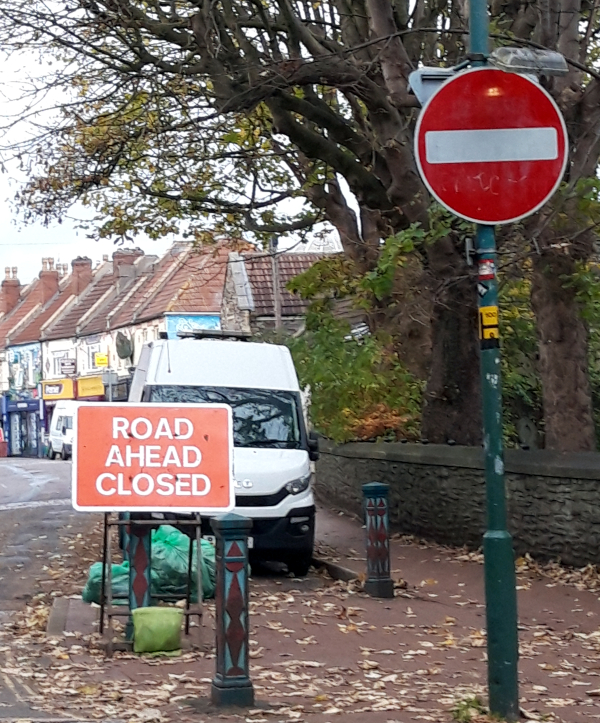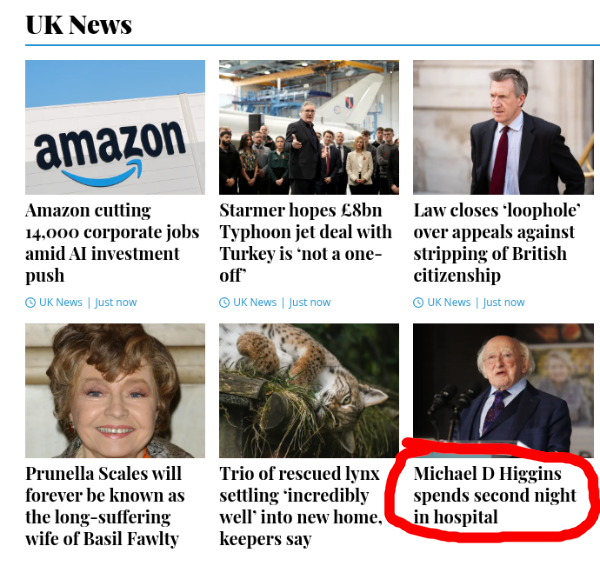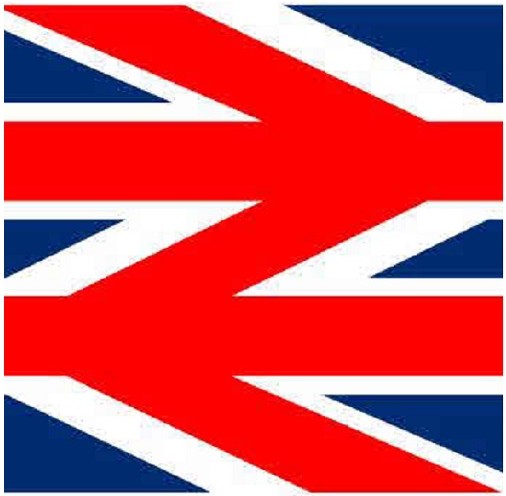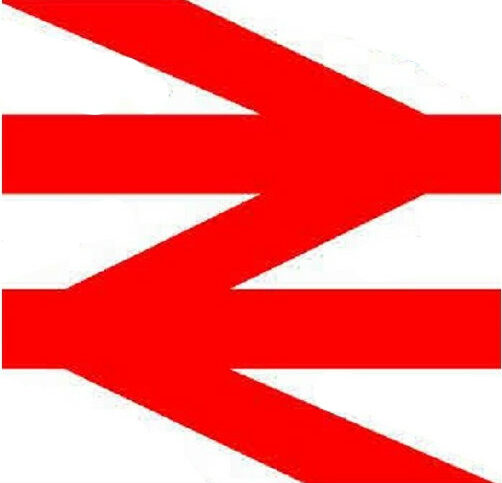 Panorama is a current affairs documentary news programme broadcast by the BBC. First aired in 1953, it is the world’s longest-running television news magazine programme.
Panorama is a current affairs documentary news programme broadcast by the BBC. First aired in 1953, it is the world’s longest-running television news magazine programme.
However, Panorama’s longevity has not shielded it from controversy, especially when it has committed a foolish act, as has come to light in the past few days.
A Panorama programme broadcast in Novermber 2024 about one of the runners’ suitability as a candidate for the presidency of the United States touched on the storming of the US Capitol on 6th January 2021 following an inciteful speech given to rioters by the disgraced former 45th president and current disgraceful 47th president of the United States of America, insurrectionist, convicted felon, adjudicated sexual predator, business fraudster, congenital liar and golf cheat commonly known as Donald John Trump, who is on a personal mission to Make America Grate Again (or something similar. Ed.).
Panorama’s great sin was to edit Trump’s speech (a necessity for the sake of coherence in most instances whenever President Felon opens his north and south for more than 10 seconds. Ed.) so it appeared even more inciteful than it already was, even though the hardcore MAGA louts had no intention of peacefully protesting. The editing was criticised in an internal BBC report, which somehow found its way into the hands of the Telegraph. Often regarded as the in-house journal of the Conservative Party, the Telegraph is no great fan of Auntie.
Once the leaked memo’s contents became known the media, media spokespeople and politicians all reacted. In particular, Karoline Leavitt (President Rapist’s Mouth of Sauron. Ed.) characterised the BBC as “100% fake news”.
Heads rolled as a consequence of the subsequent furore, namely those of the Director General Tim Davie and the broadcaster’s head of news, Deborah Turness.
However, that was not the end of the fallout. tRump, a man with a very thin skin and a vindictive lust for vengeance against every perceived slight, has threatened the BBC with a lawsuit for $1 bn. if there is no retraction of the “false, defamatory, disparaging, misleading, and inflammatory statements” allegedly made by Panorama.
The letter from President Golf Cheat’s lawyers state that the demand is being made under Florida Statute § 770.011, which as far as your ‘umble scribe’s limited legal knowledge stretches, is not applicable under the law of England and Wales. If defamation litigation is planned in Florida, it would not stand a chance if the Panorama programme in question – Trump: A Second Chance? – has not been broadcast in Florida itself.
Furthermore, if the case were held in England and Wales under the applicable law, there’s a further snag: a term limiting litigation for libel cases. The Independent notes that when interviewed by the BBC, British media lawyer Mark Stephens explained as follows:
The UK defamation claim is now out of time. He had one year from Monday October 28, 2024, when Panorama aired so he is 14 days out of time or so in the UK.
President Business Fraud’s lawyers’ letter to the BBC merits a reply, of course. Your correspondent’s opinion is that Auntie’s legal advisers should reply along the lines of the 1971 Arkell vs. Pressdram case. Pressdram is the proprietor of the satirical magazine Private Eye and its reply in this matter was as follows.
We acknowledge your letter of 29th April referring to Mr J. Arkell. We note that Mr Arkell’s attitude to damages will be governed by the nature of our reply and would therefore be grateful if you would inform us what his attitude to damages would be, were he to learn that the nature of our reply is as follows: fuck off.
The case was subsequently dropped.




 Panorama is a current affairs documentary news programme broadcast by the BBC. First aired in 1953, it is the world’s longest-running television news magazine programme.
Panorama is a current affairs documentary news programme broadcast by the BBC. First aired in 1953, it is the world’s longest-running television news magazine programme.
 One of those organisations is Pizza Hut, which has announced a number of closures of its outlets in the Untied Kingdom, as
One of those organisations is Pizza Hut, which has announced a number of closures of its outlets in the Untied Kingdom, as 

